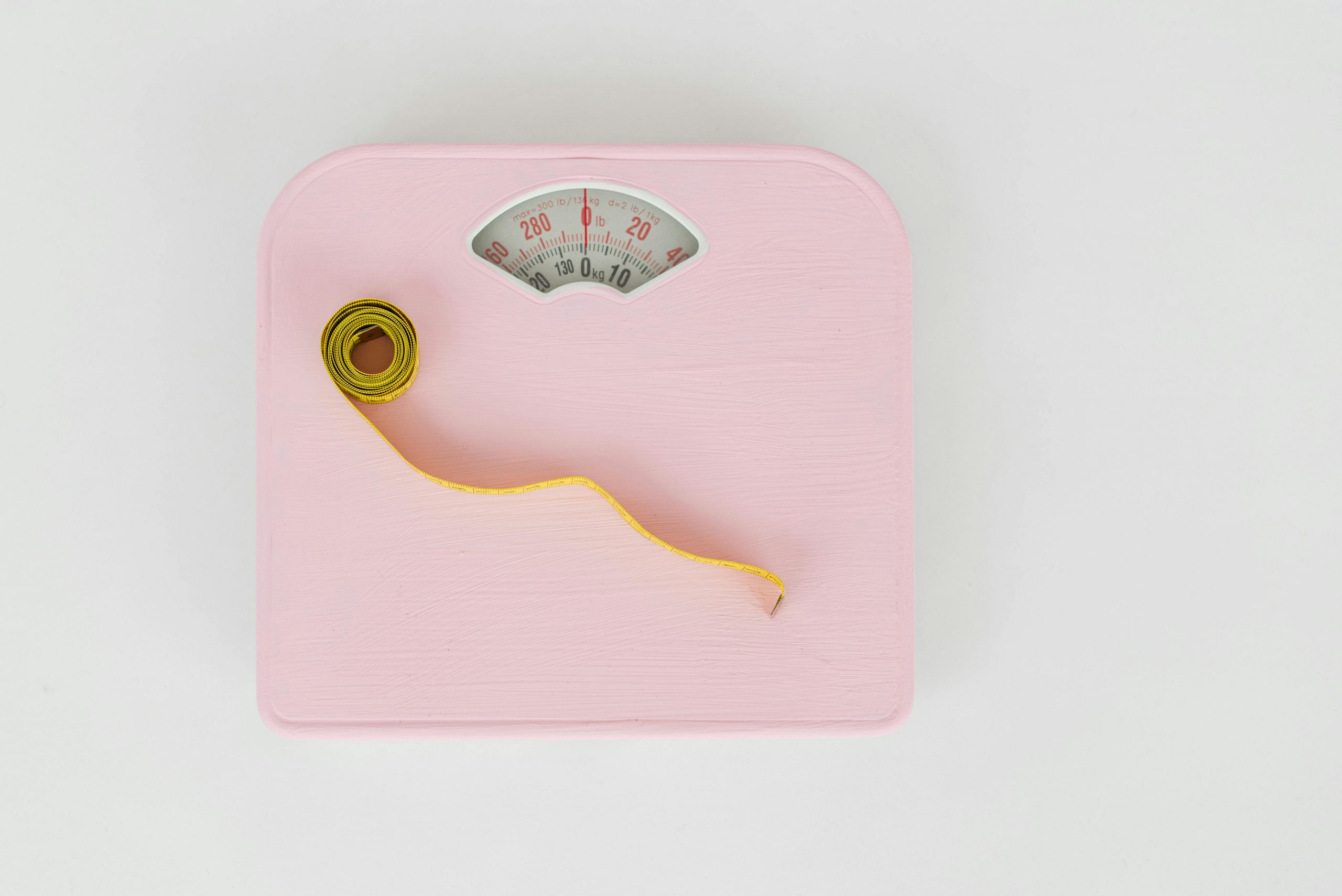
You’re keeping up with your workouts, eating (mostly) right, and suddenly… the pounds sneak on. Maybe you’ve just started a new birth control pill, hormone therapy, or noticed that things shift during certain points in your cycle. And now you’re asking the question so many women do: “Why am I gaining weight—and is progesterone to blame?”
Hormones play a major role in how our bodies regulate weight, mood, and even hunger cues. Progesterone, in particular, gets a lot of attention for its possible connection to bloating, fat storage, and water retention. But does it really cause weight gain?
Let’s break it down and explore what science—and women’s real experiences—have to say about it.
What Is Progesterone, Exactly?
Before we dive into weight gain, it helps to understand what progesterone is and why your body makes it.
Progesterone is a naturally occurring hormone that:
- Plays a key role in regulating your menstrual cycle
- Prepares your uterus for pregnancy
- Supports early stages of pregnancy
- Balances out the effects of estrogen
It’s produced mainly in the ovaries after ovulation but can also be introduced synthetically through hormonal birth control, hormone replacement therapy (HRT), and fertility treatments.
Does Progesterone Cause Weight Gain?

Short answer: It can be—but not always, and not directly for everyone.
Progesterone doesn’t necessarily cause fat gain, but it can contribute to conditions that make you feel or look heavier. These include:
- Water retention
- Changes in appetite
- Mood shifts that lead to emotional eating
- Slower digestion or constipation
Let’s look at these one by one.
1. Does Progesterone Cause Water Retention?
Yes, it can.
One of the most noticeable effects of increased progesterone—whether it’s due to your cycle, pregnancy, or hormone therapy—is bloating and water retention. Many women report puffiness in the belly, breasts, or face during the luteal phase of their cycle (when progesterone is at its highest).
What’s happening? Progesterone can act as a natural muscle relaxant, including in your blood vessels and gut. This relaxation may make it easier for fluid to build up in your tissues, leading to that “puffy” feeling.
If you’ve been wondering, “Why am I gaining weight while working out?” even though your fitness routine hasn’t changed, this temporary fluid retention might be part of the answer—especially if it aligns with your hormonal cycle.
Is it fat? No. This type of weight gain is temporary and usually resolves within a few days.
2. Does Progesterone Increase Appetite?
It might.
Progesterone is known to stimulate appetite in some women, especially when combined with estrogen fluctuations. This is one reason many of us feel ravenous in the week before our periods.
You might notice:
- Cravings for carbs or sugar
- A bigger appetite overall
- Eating more out of comfort or irritability
Again, this doesn’t automatically lead to weight gain—but if you’re consistently consuming more calories than you’re burning, it can add up over time.
3. Mood and Emotional Eating
High progesterone levels can affect your mood. While estrogen tends to boost serotonin (the feel-good chemical), progesterone can have more of a calming—or even depressive—effect.
This mood shift might cause:
- Low motivation to exercise
- Increased emotional eating
- Fatigue that leads to more sedentary behavior
In this case, progesterone may not be directly causing weight gain, but it’s setting the stage for behaviors that can contribute to it.
4. Progesterone and Digestion
Some women notice slower digestion or even constipation when progesterone peaks. This can make your stomach feel fuller or more bloated than usual.
This type of “weight” isn’t fat, but rather a sluggish digestive system reacting to hormonal changes.
What About Progesterone Pills or Creams?
Hormonal medications that contain progesterone—or synthetic versions called progestins—can have different effects depending on dosage, delivery method, and your body’s sensitivity.
Common sources of progesterone include:
- Birth control pills
- Hormone Replacement Therapy (HRT)
- Fertility drugs
- Progesterone-only pills (mini pill)
- IUDs like Mirena or Kyleena
- Topical creams or gels
Weight gain is more likely with:
- High-dose progestins
- Oral forms of progesterone
- Long-term use
In general, the more systemic the hormone (meaning it circulates throughout your body), the more likely it can affect your appetite, water balance, and fat storage.
That said, not everyone gains weight from progesterone. Some women even lose weight once their hormones are balanced.
Is the Weight Gain From Fat?
Let’s clear this up: Progesterone does not directly cause your body to store fat.
Any real fat gain would likely come from:
- Eating more due to increased appetite
- Less physical activity
- Water retention tricking the scale
- Underlying hormone imbalances (e.g., PCOS, thyroid issues)
If you’re using progesterone as part of fertility treatment or HRT, it’s also possible that other hormones—like estrogen—are contributing to the change.
How to Manage Progesterone-Related Weight Gain

If you suspect progesterone is affecting your weight, here are some practical tips that can help:
1. Track Your Cycle or Hormone Usage
- Use a period tracker to see when you’re most prone to bloating or cravings
- Note any medication start dates and weight fluctuations
2. Stay Hydrated
- Drinking more water actually helps reduce water retention
3. Focus on Fiber
- A fiber-rich diet helps combat progesterone-induced constipation and bloating
4. Mind Your Salt and Sugar
- High sodium and sugar intake can make water retention worse
5. Keep Moving
- Light exercise like walking or yoga can reduce bloating and boost mood
6. Check in With Your Doctor
- If your weight gain is rapid or distressing, your doctor can help rule out underlying issues like thyroid problems, PCOS, or medication side effects
When to Be Concerned
Temporary weight changes are normal. But if you notice:
- A sudden weight gain of more than 5 pounds in a week
- Swelling in your legs or face that doesn’t go away
- Depression or mood changes that interfere with your daily life
- Ongoing digestive issues
…it’s worth speaking to a healthcare provider. You may need adjustments to your hormone dosage or further testing.
The Bottom Line: Should You Blame Progesterone?
Not necessarily.
While progesterone can contribute to symptoms that feel like weight gain—bloating, water retention, increased appetite—it doesn’t directly cause fat storage in most healthy women.
What matters most is how your overall hormone balance affects your behavior, digestion, and energy levels.



